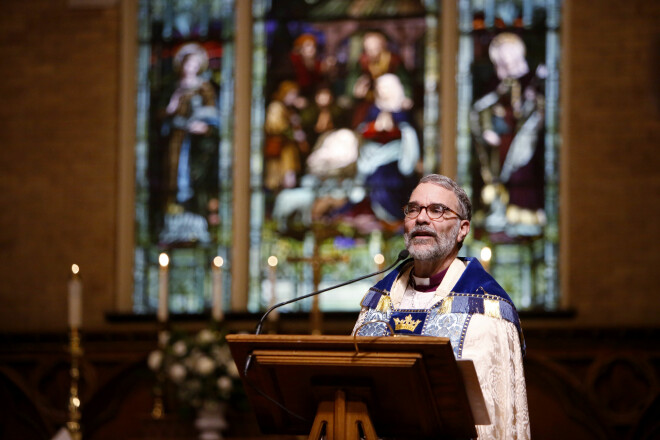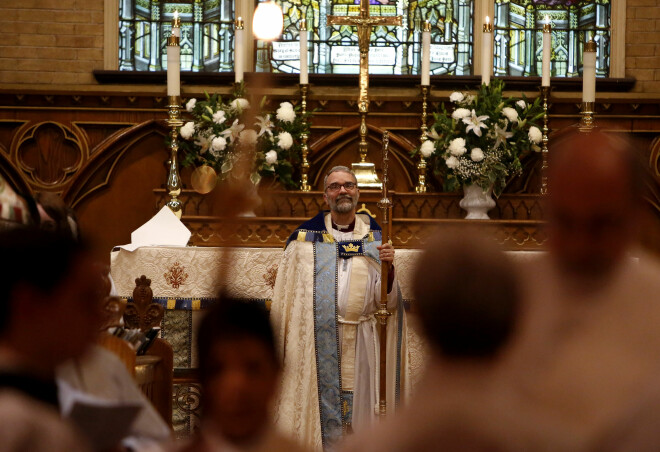I am (a Child of) a Religious Refugee

I have written in my blog about one side of my family so let me turn to the other. I am a descendant of a religious minority who fled persecution in their homeland. They were “boat people” for a time until they reached these shores. There was not yet an Ellis Island, so they were taken in, sheltered, and fed, when they were most vulnerable, by local indigenous people. Their new homeland seemed to them remarkable in its possibilities, as if they were Israel in the wilderness headed to the Promised Land, with its shining city on a hill. To be sure, they were not always welcoming to those who arrived on their heels, also religious refugees but of other kinds. As a child I was taken to see the replicas of their first dwellings, rude stick and waddle houses with the cows close by, exactly as in African villages I have visited. Their descendants continued to tend cattle and scratch a living out of the rocky earth.
My late mother's maiden name was, Audrey Alden Bradford. The refugees of whom I speak were a noted early group of American settlers, but they were no different than the forebears of all of us. (And, I should note, the harsh taskmasters they were fleeing were Anglicans!). On their distinctive, Christianly worded, national vocation as inhabitants of this “Novum mundum,” and on their Puritan shortcomings too, I find myself meditating of late.
Peace,
+GRS




